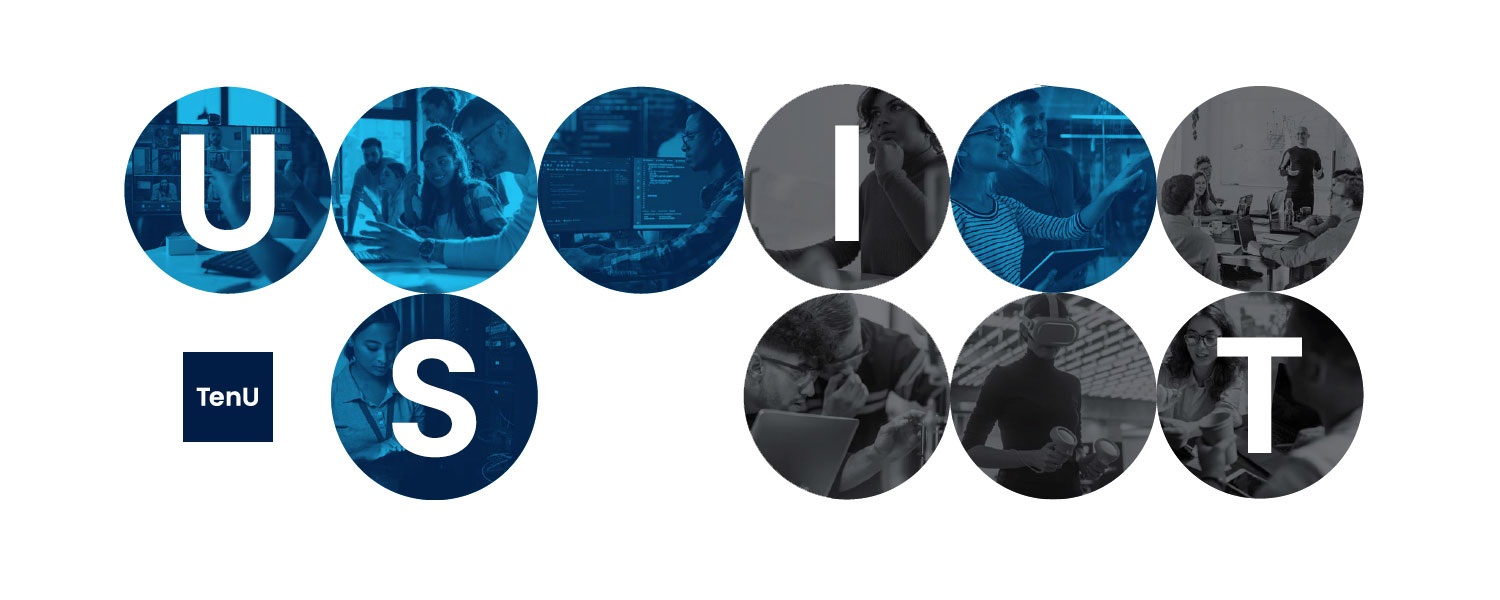Universities and investors have joined forces to boost the number of software spinouts from academic innovations by recommending faster deals with less friction, built for rapid scaling.
 TenU – which represents world-leading universities including Imperial, Cambridge, Oxford, UCL, Manchester and Edinburgh – has joined forces with a group of top investors and professional services firms to launch a new expert guide for the speedy and efficient formation of spinouts from cutting-edge university research.
TenU – which represents world-leading universities including Imperial, Cambridge, Oxford, UCL, Manchester and Edinburgh – has joined forces with a group of top investors and professional services firms to launch a new expert guide for the speedy and efficient formation of spinouts from cutting-edge university research.
The USIT for Software Guide will be launched at an event today (Monday 20 May) attended by Andrew Griffith, Minister of State at the Department for Science, Innovation and Technology.
A Government review of the sector found that UK university spin-out investment increased five-fold from £1.06 billion in 2014 to £5.3 billion in 2021.
The new guide provides a common approach to negotiations across the sector to make the process much more efficient, especially for less experienced parties. This includes a recommendation for university technology transfer offices (TTOs) to take between 5-10% equity in software spinouts.
The guide reflects the unique characteristics of software spinouts if compared with those in the life sciences and deep tech, including shorter development times, relatively low initial funding, and the need for rapid growth in a highly competitive, rapidly evolving market.
The guide says:
“Software businesses evolve through relentless engagement with customers, understanding their new needs and spotting where the technical advantages of the software can deliver some distinctive performance.
“This different distribution of value between founding IP and accumulated founder-customer interaction contributes to the justification for different founding equity stake.”
The USIT for Software Guide – a summary
The Guide provides a landing zone for the formation of new software spinout businesses, reducing the time spent in negotiation and ensuring world leading research and innovation can be brought to market more efficiently.
The process to develop the guide included:
-
- 100s of hours of engagement
- Seven Roundtable sessions with representatives from the technology transfer offices of the universities of Cambridge, Edinburgh, Imperial, Manchester, Oxford and UCL, and investment firms Oxford Science Enterprises and Cambridge Innovation Capital, IQ Capital, LocalGlobe, and Octopus Ventures.
- Four Deep Dive sessions with Roundtable sub-groups and lawyers from Goodwin Procter, Taylor Wessing and Venner Shipley
- Consultation meetings with the BVCA, PraxisAuril, and the Royal Academy of Engineers
Landing Zone
-
- Founder equity range: 90-95%
- University royalty levels: 0–2% Depending on IP and resource cost
Value from customer interaction
-
- Software businesses evolve through continued engagement with customers, with speed to market often a key factor. This can differ from life sciences and deep tech spin-outs, which place greater emphasis on protecting the originating technology and gathering data to prove technical performance. This difference contributes to the justification for the recommended landing zone.
University Timelines & Processes
-
- Universities publishing their software spin-out and exit processes and timelines for each stage in a clear, simple and easy to interpret form can greatly enable speedy timeframes. It removes ambiguity, sets expectations and provides all parties with certainty and commitment ahead of time.
Spinout Preparedness for Change & Exit
-
- Changes in management in software companies are common and mirror the rapidly changing needs across the company’s development, from technical to increasingly commercial and operational. To prepare for these changes, a dynamic approach to the cap table and vesting schedules is recommended. Similarly, to enable smooth and efficient exit, universities are encouraged to work with spinouts to capture the future intent early on, including a university’s post-acquisition licence arrangements.
The first USIT Guide and the Spinout Review
-
- The USIT for Software Guide follows on from the launch of the first USIT Guide in April 2023, which focused on the life sciences.
- The recommendations and guidance have influenced the university technology transfer community in various countries, as well as from sector-specific investors and experts who have acknowledged the value of capturing decades of experience to document best practice.
- The recommendations were also reflected in the Government-commissioned independent review of spinouts, released in September last year. The review put forward recommendations to accelerate the UK towards the rapid creation of spinouts on market-competitive terms and encourages further collaboration across the UK’s innovation ecosystem.



